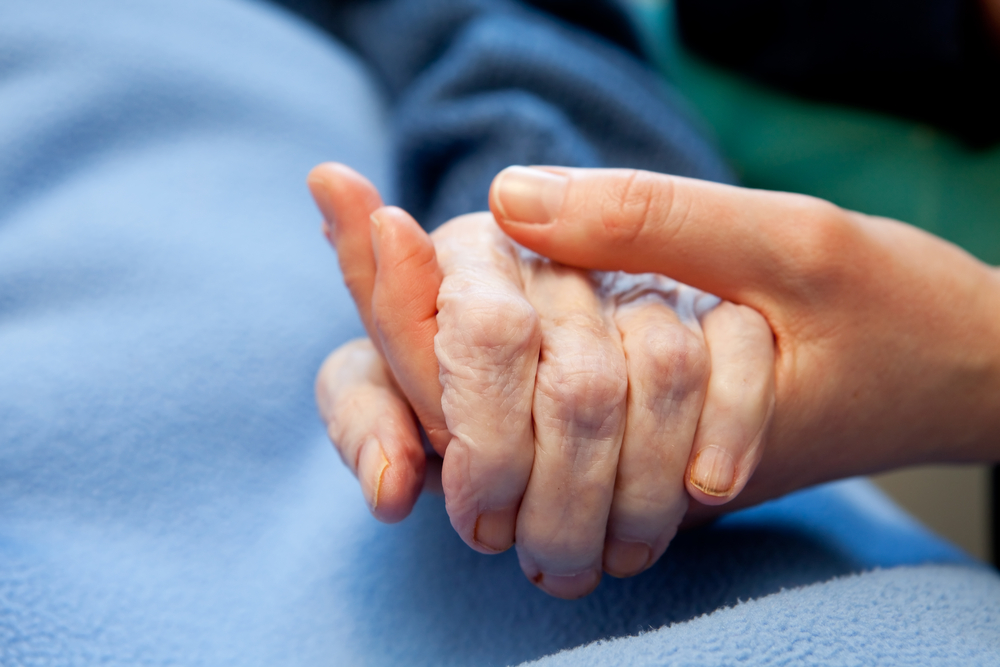
Rebecca Moore, Associate in Coodes Solicitors’ Mental Health and Community Care Team Leader explains what ‘deprivation of liberty’ means and what you can do if you are concerned about a family member or friend.
‘Deprivation of liberty’ is a legal term, which means that a person is not free to go out without permission or supervision. This can include when an individual is living at home or in an institution, such as a care home or hospital.
Generally, it means that someone in authority knows where the person is at all times and, if they left that place, would bring them back.
When deprivation of liberty is legal
There are instances when a person can legally be deprived of their liberty. This includes being detained under the Mental Health Act. It is also lawful when it is the only way to keep someone who lacks mental capacity safe or ensure they get the medical treatment they need. For example, it may be dangerous for someone with dementia to go out unsupervised because they may not be able to safely cross a road.
Deprivation of liberty safeguards are used to determine whether someone can legally be deprived of their liberty. These checks are there to prevent people from having their freedoms taken away without good reason.
They are part of the Mental Capacity Act 2005 and the aim is to ensure any restrictions are appropriate and in the person’s best interests.
Care homes and hospitals need to apply to the local authority for authorisation of a deprivation of liberty. This is called a standard authorisation. Depending on the circumstances, the local authority may attach conditions to a standard authorisation, such as giving the individual access to certain activities.
What can I do if I think someone is being unlawfully deprived of their liberty?
If a friend or relative is being held in a hospital or care home against their wishes, you may understandably be concerned. Perhaps they have told you they do not want to live in a care home, for example, or that they want more freedom to do the things they used to enjoy.
If you feel your loved one is being unlawfully deprived of their liberty, or should be given more freedom, you have the right to have your case heard. You can apply to the Court of Protection for a hearing. We can also provide guidance and support with your application.
The courts will consider the options and decide what is in the individual’s best interests. This could be:
- For the individual to stay where they are.
- To move (e.g., leave a care home or hospital and return home).
- For them to continue living where they are but for some changes to be made. This could include them having additional freedoms or access to particular activities.
Some cases are very urgent. If the individual has an extremely limited life expectancy, the case could be resolved within a week, and some are dealt with the same day. Many, less urgent cases, can take six months or more.
How Coodes can help
Our specialist Mental Health and Community Care team is often approached by people who are worried about a relative or friend who they believe is being unlawfully deprived of their liberty. We can support you at any stage of your journey. Our role is to ensure decisions are made in the person’s best interests and are reasonable and proportionate.
Deprivation of liberty cases may be eligible for Legal Aid. This means that people may be able to access funding to get the legal advice they need.
When someone is deprived of their liberty, they are appointed a relevant person’s representative. This could be a family member, friend, or an independent person (commissioned by the local authority). Their role is to advocate for the individual’s liberty, including representing them in court. Many people need professional legal support at this stage, so this is when we often get involved.
Whatever your situation, if you would like to speak to a specialist lawyer about a deprivation of liberty case, please contact us. These cases are complex and can be highly emotive. Having the support of an experienced legal professional can help ensure your loved one is being appropriately cared for.
For advice on this issue, contact Rebecca Moore in Coodes Solicitors’ Mental Health and Community Care team on rebecca.moore@coodes.co.uk













